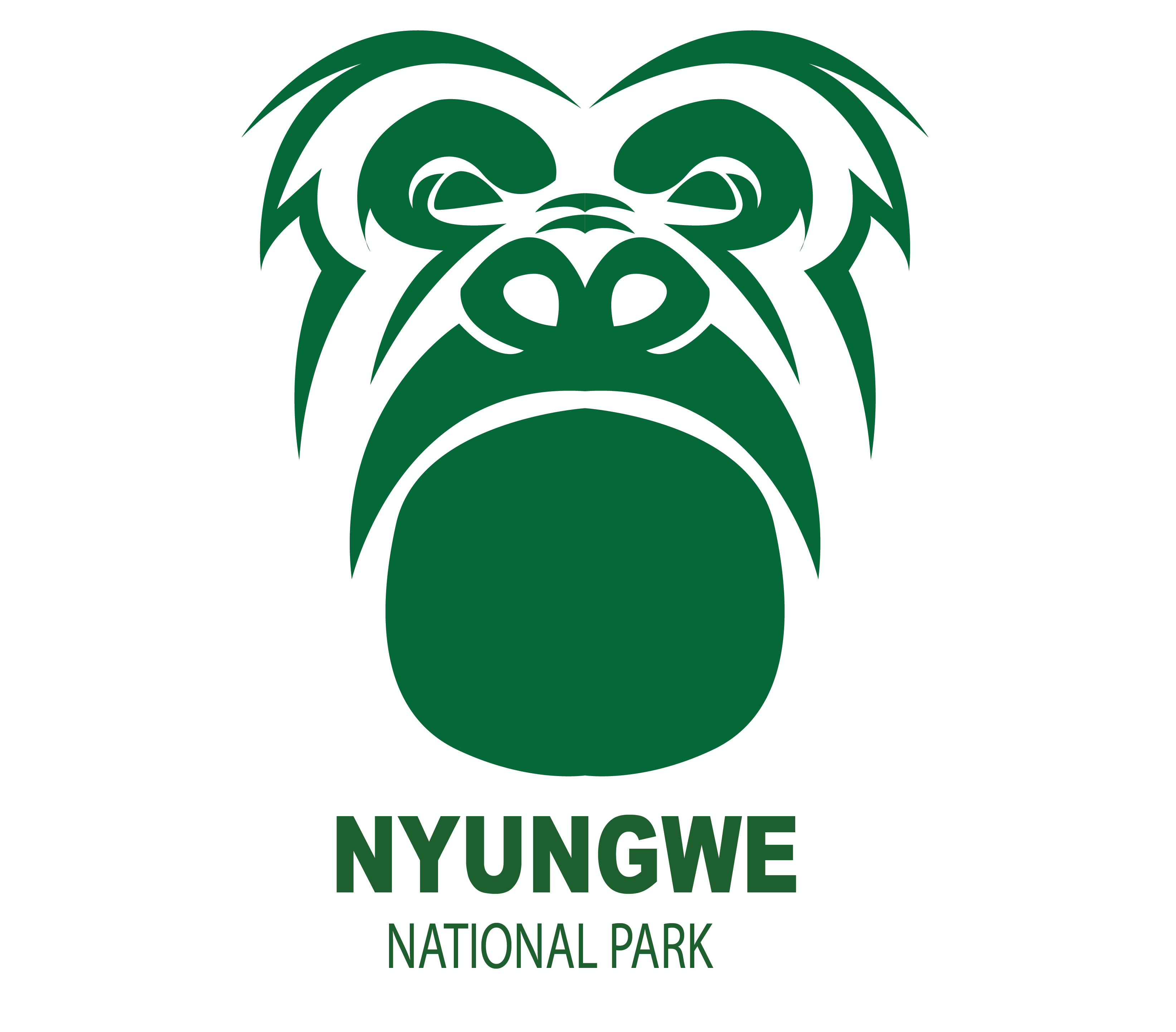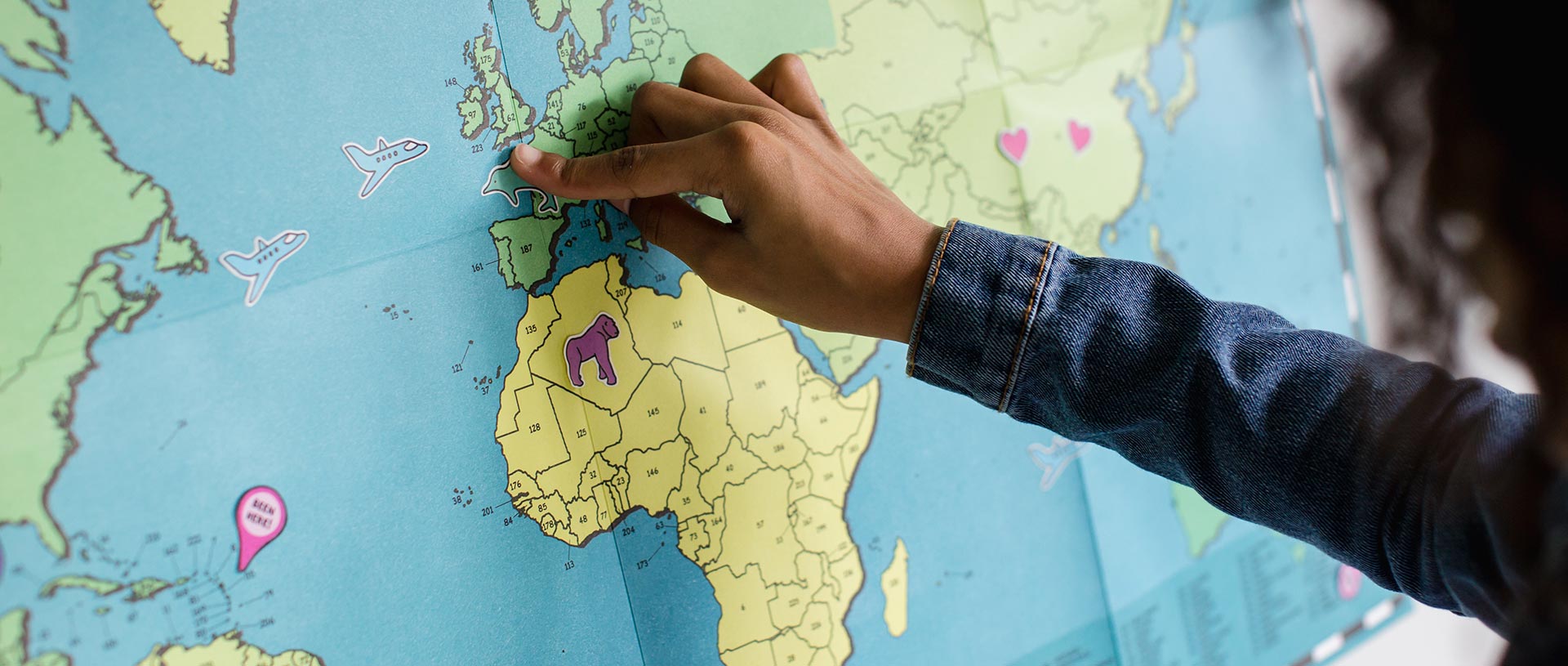Practical information for Rwanda
Getting Here
Airlines servicing Kigali International Airport are: RwandAir, Kenya Airways, Ethiopian Airlines, Brussels Airlines, KLM, Qatar Airways and Turkish Airlines.
Helicopter transfers within Rwanda are available through Akagera Aviation.
Connectivity
Rwanda has an excellent mobile phone network covering almost the entire country, and international calls can be made easily.
[/vc_column_text]
IMMIGRATION & VISA
As of 1st January 2018, nationals of all countries receive a visa on arrival at Kigali International Airport and all land borders.
Costs
A single entry tourist visa costs US $30 (exclusions apply for select countries and is valid for 30 days.
A single entry conference visa costs US $30 and is valid for 30 days.
A multiple entry business visa costs US $50 and is valid for one year.
The East African Tourist Visa (EATV) covers Rwanda, Kenya and Uganda, costs US $100 and is valid for 90 days.
For further information on visas or work permits, please consult the Rwanda Directorate of Immigration and Emigration.
Applicants should have a valid passport or another acceptable travel document. The document must have a validity of at least six months on the day of entry into Rwanda.
Visas can be applied for before departure, by submitting an application online, with the option to pay online or upon arrival. Alternatively applications can be submitted at the Rwanda Diplomatic Missions of the country of residence.
Visa extension applications should be submitted the Directorate General of Immigration and Emigration offices. Details on each class of visa are set out in the Information section. Visa extensions should be applied for whilst the initial visa remains valid.
DRONES
A permit is required to fly a drone recreationally or commercially in Rwanda.
Permits are issued by the Rwanda Civil Aviation Authority, with an average processing time of 2 to 4 weeks (RPAS Activity Permit) or 2 months (RPAS Operator Certificate).
Foreign citizens are unable to register drones themselves – a Rwandan citizen, permanent resident or body / entity may register a drone on behalf of a foreign citizen.
Drones must be marked with a registration number assigned by the RCAA.
Basic rules:
• Do not fly your drone over people or large crowds
• Respect others privacy when flying your drone
• Do not fly your drone over airports or in areas where aircraft are operating
• You must fly during daylight hours and only fly in good weather conditions
• Do not fly your drone in sensitive areas including government or military facilities. Use of drones or camera drones in these areas are prohibited
For more information, please consult the RCAA website or email enquiries to d.fss@caa.gov.rw.
You may be interested to read up on the partnership between Rwanda and the World Economic Forum (WEF) to nurture the drone industry in Rwanda, building on the success of Zipline’s blood delivery technology, which hails from Silicon Valley. The partnership is managed by WEF’s Center for the Fourth Industrial Revolution.
As Rwanda looks to the future, we will continue to put in place the infrastructure and policy frameworks that accelerate the adoption of emerging technologies to transform people’s lives.
MONEY
The Rwandan franc (Rfr) is the principal currency, although US dollars are widely accepted.
Expect to pay for local services in cash, in Rwandan francs. The greater the amount, the more likely US dollars or other hard currencies are preferred, such as gorilla tracking and upmarket hotels.
A growing number of places accept credit and debit cards, with Visa being more widely accepted than Mastercard. It’s best to check when making a booking.
ATMs can be found in Kigali and nearly all major cities.
Cash can be exchanged at banks and private forex bureaux (bureau de change). Both are closed on Sundays and public holidays.
It may be impossible to exchange traveller’s cheques away from the capital. Western Union facilities are common.
Tipping is discretionary and appreciated. Cash is usually preferred. As a rough guide, tip professional guides and drivers US $10 per day, trekking porters US $2.
PLASTIC BAGS
Please refrain from bringing plastic bags to Rwanda. Banned by law since 2008, any plastic bags in your luggage will be confiscated at the airport or other point of entry.
As a country we strive to protect, safeguard and promote the environment – a matter which is written in to our constitution and carefully observed by our citizens, who all participate in a community service called Umuganda on the last Saturday of every month.
We respectfully request that all visitors help us keep Rwanda the cleanest country in Africa, and dispose of all litter responsibly.
HEALTH
The greatest health risks in Rwanda are accidents and malaria. Much of Rwanda lies at too high an elevation for malaria to be a major concern, but the disease is present and prophylactic drugs are recommended. Travellers should seek professional medical advice on taking anti-malarial medicines and take precautions to avoid mosquito bites, especially between dawn and dusk.
Travellers should ensure they are up to date with vaccinations, following the advice of their local healthcare provider, and should consider bringing a small first aid kit. A certificate of yellow-fever vaccination is required.
It is advisable not to drink tap water. Bottled mineral water can be bought in all towns – make sure the seal is intact.
As a small country, medical help is rarely far away. For basic treatment most towns of any size have pharmacies with a limited range of medicines, while larger towns have hospitals. King Faisal Hospital in Kigali is the most advanced in Rwanda.
In case of medical evacuation, Akagera Aviation operates a helicopter ambulance service within Rwanda in daylight hours, with one military paramedic on call. Please make sure you have adequate medical insurance.
Due to the risks of passing on human colds or other illnesses to primates, it is essential that you are in good health if you want to see them.
WHAT TO WEAR
Dress codes are informal yet respectful. Men tend to wear trousers but shorts are fine, although walking around without a shirt is frowned upon. Women will feel more comfortable in knee-length or longer.
Daytime temperatures are generally warm, so bring lots of light clothing and think about sun protection, including a hat and sunglasses. The evenings tend to be cool, and a light sweater appreciated.
In Volcanoes National Park and Nyungwe National Park slightly heavier clothing is useful. A lightweight waterproof jacket may come in handy in the moist mountains.
Avoid wearing blue in Akagera National Park, which attracts tse tse flies, and take sensible precautions against mosquitos and other bites.
When tracking gorillas, wear sturdier clothing to protect against stinging nettles, and solid walking shoes. Consider bringing gardening or leather gloves as well as gaiters.
For those who wear contact lenses, cleaning fluid is not readily available and dust or sun could prove an irritation, so it’s best to bring a pair of glasses along for peace of mind.
WEATHER
Fractionally south of the Equator and with much of the country lying at altitude, Rwanda enjoys an agreeable tropical highland climate.
Temperatures vary considerably between locations, but vary little from month to month.
Peak temperatures rarely exceed 30°C (86°F) in the daytime or drop below 15°C (59°F) at night. Akagera is generally the warmest and the Virunga mountains the coolest.
The average daily temperature in Kigali is 21°C (70°F).
There are two rainy seasons in a year, from mid-February to May and mid-September to mid-December.
The dry season, from June to mid-September, sees light cloud cover and occasional light rainfall. The roads and paths tend to be easier to navigate in this period.
TERRAIN
Known as the land of a thousand hills, Rwanda has five volcanoes, 23 lakes and numerous rivers. The country covers 10,169 square miles or 26,338 square kilometres.
Much of the country lies at elevations between 1,500m and 2,500m. The highest peak is Mount Karisimbi at 4,507m and the lowest point is the Rusizi river at 950m above sea level.
The terrain is often uneven and sensible shoes are essential.



